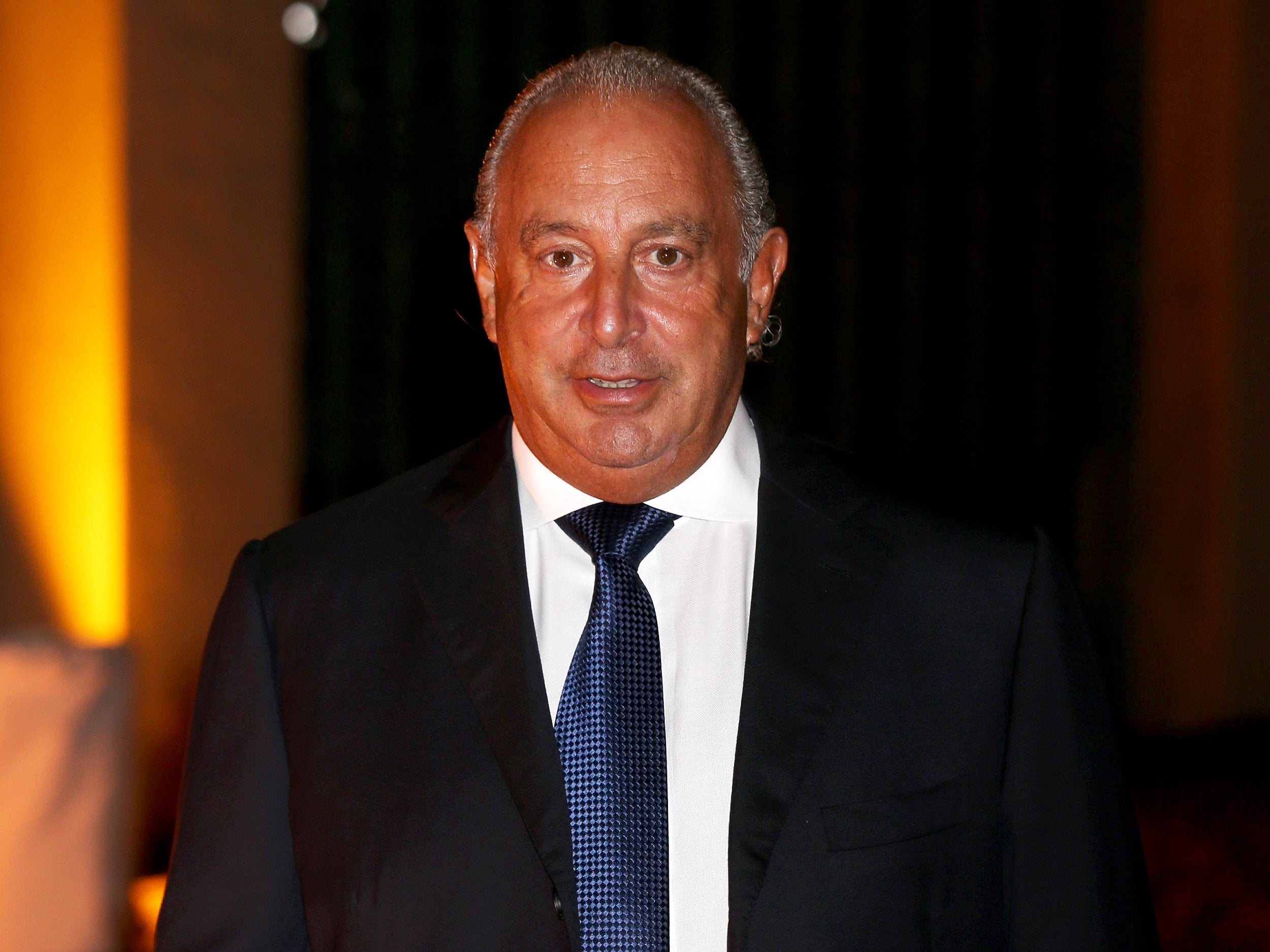Lord Hain 'arrogant' for outing Philip Green, former attorney general says
'We can't operate a democratic free society when peers or MPs decide to take the law into their own hands,' Dominic Grieve says

Your support helps us to tell the story
From reproductive rights to climate change to Big Tech, The Independent is on the ground when the story is developing. Whether it's investigating the financials of Elon Musk's pro-Trump PAC or producing our latest documentary, 'The A Word', which shines a light on the American women fighting for reproductive rights, we know how important it is to parse out the facts from the messaging.
At such a critical moment in US history, we need reporters on the ground. Your donation allows us to keep sending journalists to speak to both sides of the story.
The Independent is trusted by Americans across the entire political spectrum. And unlike many other quality news outlets, we choose not to lock Americans out of our reporting and analysis with paywalls. We believe quality journalism should be available to everyone, paid for by those who can afford it.
Your support makes all the difference.Lord Hain was "arrogant" for outing Philip Green as the man who prevented a newspaper from publishing allegations of sexual harassment and bullying, a former attorney general has said.
Dominic Grieve said the peer had "abused" parliamentary privilege when on Thursday he named Sir Philip as the "leading businessman" who obtained a privacy injunction.
"We can't operate a democratic free society when peers or MPs decide to take the law into their own hands," Mr Grieve told BBC Radio 4's World at One.
The Conservative MP said the legal process had been turned into a "political witch hunt", and that parliamentary privilege was "open to abuse".
"I can't see - looking at this particular matter - that Peter Hain can argue that he hasn't abused it," he added.
A former director of public prosecutions also condemned Lord Hain's intervention as a "shameless assault on the rule of law" that was "no different from the bigoted attacks of populists".
"Lord Hain should consider where such grandstanding might lead in the hands of others less attached to our constitution than he presumably is," Lord Macdonald of River Glaven told The Times.
Sir Philip, chairman of the Arcadia group that owns chains including Topshop and Miss Selfridge, allegedly signed non-disclosure agreements (NDAs) with five members of staff who accused him of mistreating them.
In a statement issued after Lord Hain's speech, he said he "categorically and wholly" denied any allegations of "unlawful sexual or racist behaviour".
The businessman had initially remained anonymous after a court injunction was granted preventing the Daily Telegraph from naming him.
However, Lord Hain told the Lords he believed it was "my duty under parliamentary privilege to name Philip Green as the individual in question", saying the media had been prevented from publishing "the full details of a story which is clearly in the public interest."
The move divided opinion, with some lawyers accusing the former cabinet minister of pre-empting an ongoing legal case.
Sir Philip is facing fresh calls for his knighthood to be withdrawn, echoing similar demands that followed the collapse of chain store BHS, which he previously owned.
Independent MP Frank Field, who chairs the Commons work and pensions committee and was highly critical of Sir Philip during the BHS scandal, said: "The charge sheet against the knighthood is growing.
"Parliament and the country have made their views clear on this matter. Ultimately it's a decision for the Honours Forfeiture Committee."
Theresa May's spokesman declined to comment on Lord Hain's speech, saying: "The rules on parliamentary privilege are a matter for Parliament and how they exercise these rules is a matter for individual members."
But Conservative Party deputy chairman James Cleverly said Lord Hain's decision had shown "people must now realise that injunctions and super-injunctions are nothing more than a good way to part with large sums of money and a bad way to keep things secret".
Join our commenting forum
Join thought-provoking conversations, follow other Independent readers and see their replies
Comments